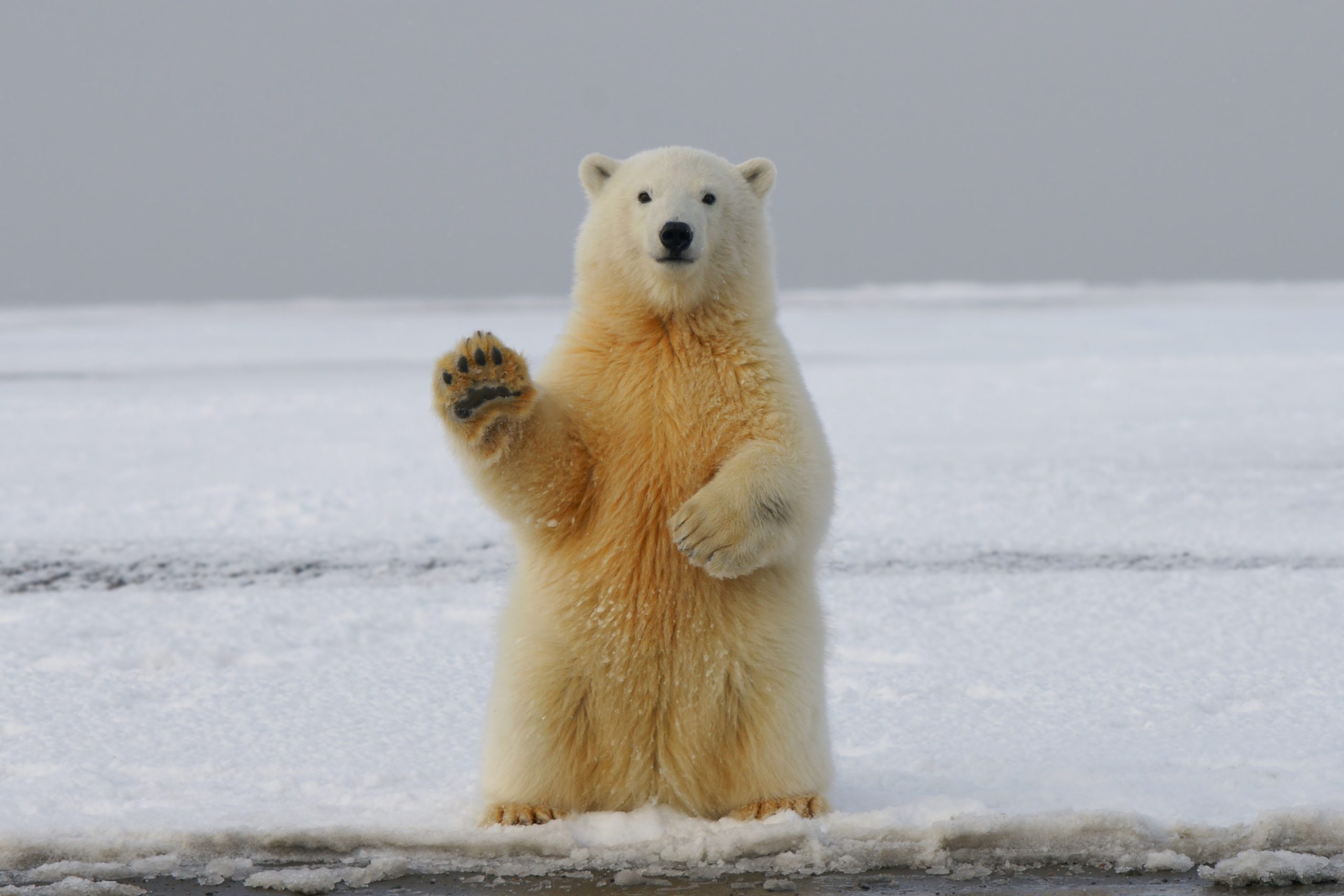
The EU wants to freeze fossil fuel projects in the Arctic
What’s happening? The EU has proposed a ban on all new fossil fuel exploration in the Arctic to mitigate the impacts of climate change. Under its updated Arctic strategy, the European Commission will work towards a binding multilateral agreement that prevents the development and purchase of oil, gas and coal from the region. Moreover, the commission has pledged to foster research into the impacts of permafrost thawing and has suggested solutions, including an early warning system and local stabilisation measures. (Reuters)
Why does this matter? The Arctic is estimated to hold 30% of the world’s undiscovered natural gas reserves and 13% of undiscovered oil reserves, the vast majority of which is located offshore. Nevertheless, it is also a region that is extremely vulnerable to the impacts of climate change.
Fossil fuel combustion affects the polar region in two ways. First, the process releases greenhouse gas emissions, causing a rise in average air temperatures. Scientists have warned the Arctic is already warming three times faster than the global average. Second, the process releases black carbon particles – i.e. soot – which initiate dangerous feedback loops. When dark particles settle on ice and snow surfaces they limit their ability to reflect sunlight, a mechanism called albedo effect. As a result these surfaces warm and cause melting, which exposes the darker ground underneath which can also absorb more heat, creating a self-accelerating cycle of warming.
An oil spill would be catastrophic – Moreover, experts are warning oil spills in these areas would have devastating environmental and socio-economic consequences. Due to the remote location, extreme weather conditions and short ice-free season, clean-up operations would be costly and more difficult than in lower latitudes. A study calculated an oil spill in the Canadian Arctic of the magnitude of the 1989 Exxon Valdez incident could cause $7.5bn in damages under a worst-case scenario – inflicting significant harm on biodiversity as well as Indigenous communities. As temperatures rise, the stability of oil and gas infrastructure is further threatened by permafrost thawing and floating ice sheets, which increases the likelihood of accidents.
Despite these risks, Arctic oil and gas production is expected to rise by 20% over the next five years. Reclaim Finance found that almost 600 oil and gas fields are either in production, under development or discovered, together accounting for more than one-fifth of the world’s remaining 1.5C-compatible carbon budget.
Does the EU have enough influence to bring about change? Not really. The main coordinating forum for the polar region is the Arctic Council, consisting of eight adjacent states: Norway, Sweden, Finland, Denmark, Iceland, Canada, the US and Russia. Since 2009, the EU has tried unsuccessfully to gain official observer status, which is currently reserved for a dozen non-Arctic states as well as intra- and non-governmental organisations such as the UN’s International Maritime Organization and the WWF. As an observer, the EU couldn’t vote but would be allowed to take part in meetings and collaborate with Arctic countries.
In the meantime, the EU said it wants to support local climate mitigation and adaptation measures as well as establish a permanent presence in Greenland, which already pledged to ban all new fossil fuel development on its territory. With this approach, the bloc aims to establish itself as a global climate leader while also slowing down the growing influence of other geopolitical players, especially Russia and China. The world’s second-largest economy declared itself a “near-Arctic state” in 2018 and is investing heavily in Northern countries under its Polar Silk Road economic strategy.


